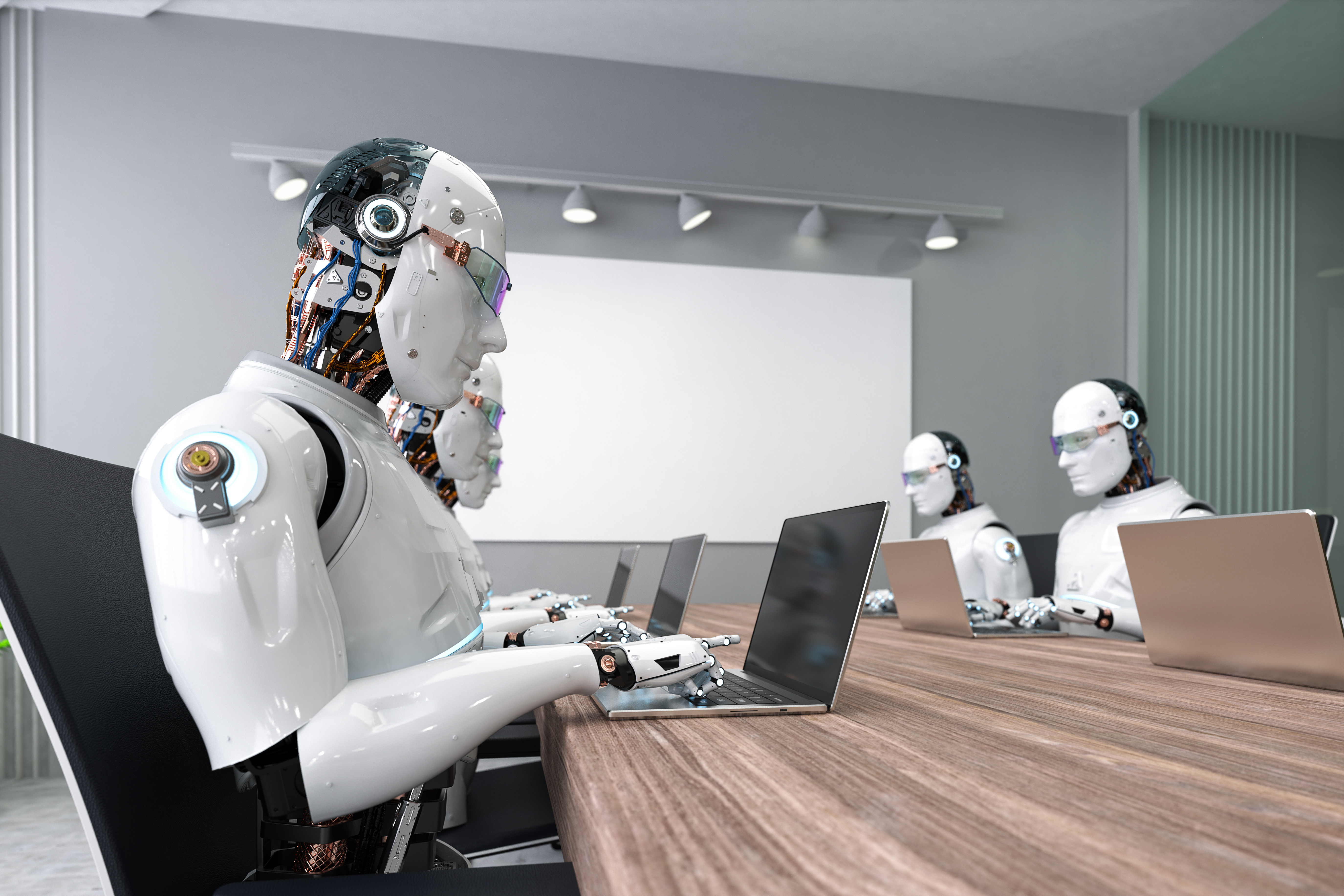If you've been following the stock market over the last year, you probably know that generative artificial intelligence (AI) has taken center stage. Excitement surrounding the new technology behind apps like ChatGPT is a major reason the S&P 500 jumped 24% and the Nasdaq Composite soared 43% in a new tech boom.
Arguably, no other person is more central to the generative AI narrative than Sam Altman.

Who is Sam Altman?
Sam Altman is the CEO of OpenAI, the company behind ChatGPT and other generative AI apps, including the DALL-E image generator. OpenAI is now in the process of raising funding at a valuation of $100 billion, and its launch of ChatGPT in late 2022 sparked the boom in generative AI, putting OpenAI at the center of it.
Generative AI
Altman, who has run OpenAI since 2019, has driven its push to commercialize its products, unleashing a new AI revolution.
In November 2023, he was briefly ousted as CEO of OpenAI but was reinstated after an uproar from employees and investors and after co-founder Ilya Sutskever said he'd made a mistake in voting to remove Altman.
What is Altman's AI philosophy?
Altman has somewhat reluctantly become the face of generative AI. The brouhaha at OpenAI, which led to his brief departure, underscores the stakes of the development of this new technology.
OpenAI was begun with noble intentions, and that DNA still seems to be part of the company. However, Altman also ran into a cold reality of business. The company needs money to pay its engineers and run its models. That has meant developing a business model that now includes selling a paid version of ChatGPT.
Altman is known for a democratic approach at his companies, encouraging teamwork and diverse perspectives. Despite his brief ousting from OpenAI, Altman seems to have done a good job navigating and bringing together the different groups of stakeholders in OpenAI. All while guiding the transition from a nonprofit to a closely watched for-profit company at the cutting edge of technology.
Will Sam Altman take OpenAI public?
OpenAI has said before that it has no plans to go public. Nonetheless, an initial public offering (IPO) might be inevitable if the valuation continues to grow and the company raises more capital.
Related investing topics
The shake-up last November allowed Altman to seize more control over the company because OpenAI replaced board members who were philosophically at odds with him and had called for his departure. The company's hybrid corporate structure also poses a challenge to going public, although it could change that model as it has in the past.
One thing is clear: It's still early in the AI race, and OpenAI will likely remain a leader, meaning investor interest in an IPO is not going away. Although that doesn't mean an IPO will happen, expect the issue to continue to garner attention in the media and from investors.



















